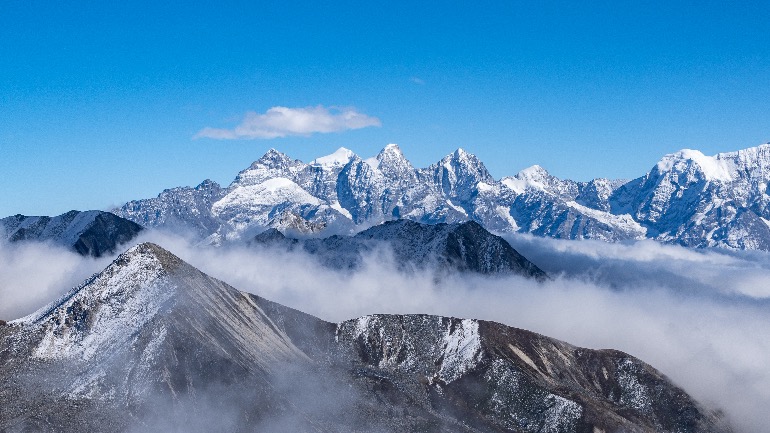All branches of Buddhism fall under Mahayana and Theravada. There is no third vehicle. To be a Theravada practitioner, the first requisite is having unshakable renunciation—complete distaste for worldly fulfillments and whole-hearted pursuit of liberation from samsara. Do we have such resolution? If not, we would not qualify as Theravada practitioners.
Mahayana practitioners, on the other hand, must have undaunted bodhicitta and be willing to serve the needs of others unselfishly and unconditionally. Can we do that? If not, we would not be deemed Mahayana practitioners either.
If we are neither Mahayana nor Theravada practitioners, strictly speaking, we are not Buddhist practitioners at all. What are we after all? At best, we are believers of Buddhism or of Shakyamuni Buddha, who may intermittently chant some mantras and do some good deeds here and there. Really, just be a little better than non-believers. Though we may have had many teachings and empowerments, met more than a few respectable teachers and practitioners, we still cannot get any closer to even the edge of liberation. Worse, it must have been horrifying to discover that we possibly may not even be Buddhist practitioners when going through the aforementioned self-examination.
- Quote from The Right View, "The Three Supreme Methods"











